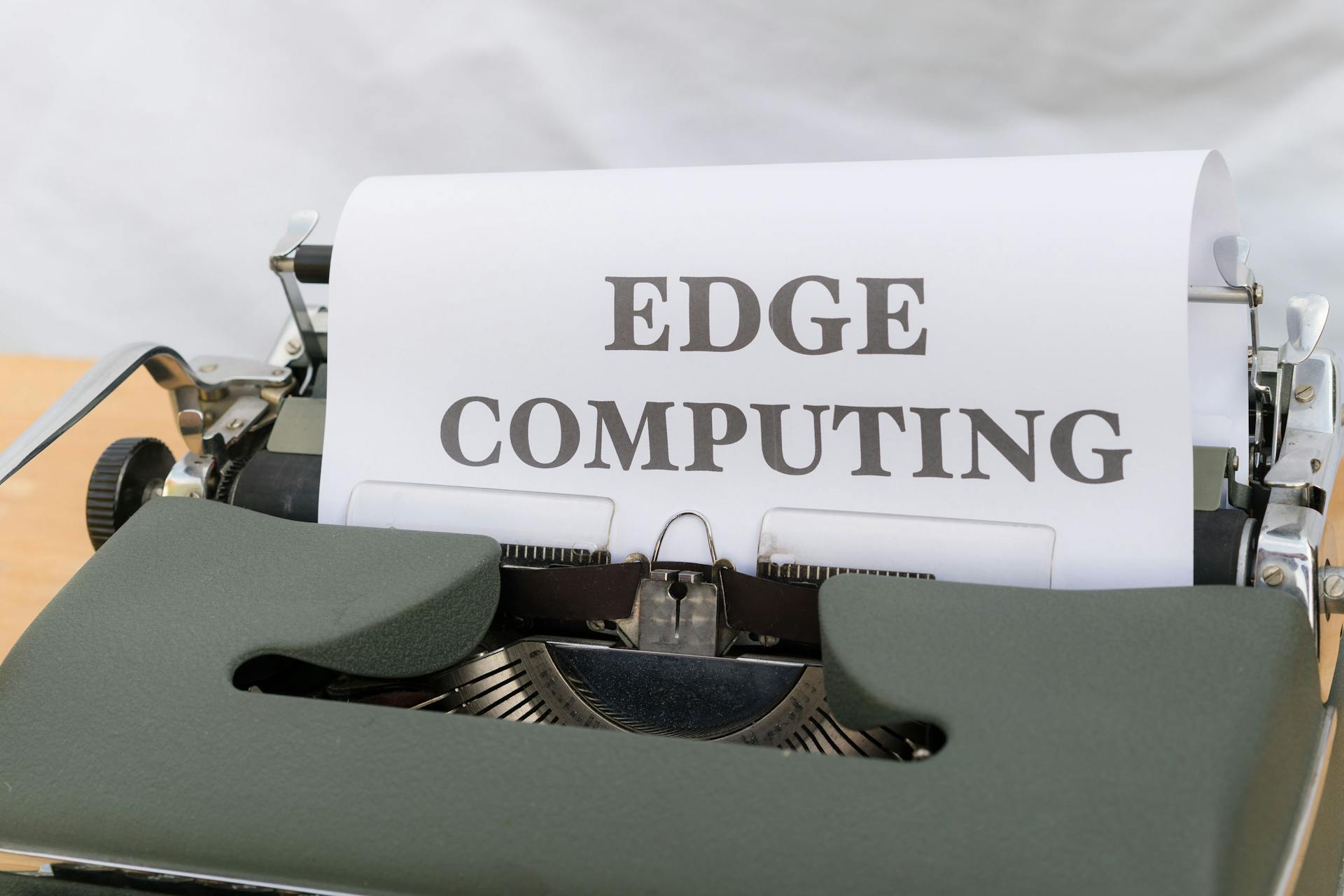
If you're a servicemember, you're entitled to special protections under the Servicemembers Civil Relief Act (SCRA). This federal law helps shield you from financial burdens while you're serving our country.
The SCRA applies to all branches of the military, including the Army, Navy, Air Force, Marine Corps, Coast Guard, and Space Force. It also covers eligible spouses and dependents.
To qualify for SCRA benefits, you must be on active duty for a period of more than 30 days. This includes training periods, deployments, and other types of military service.
Explore further: Car Loans for Veterans
Waivers of Rights
You can waive your rights under the Servicemembers Civil Relief Act, but only with a written waiver signed during or after your military service.
It's essential to carefully review any waiver document before signing it, especially if you're considering signing one during your military service.
Only written waivers signed during or after military service are effective, so make sure you understand the terms before committing.
If you sign a waiver before entering military service, it will be considered invalid.
It's crucial to seek the advice of a qualified attorney before signing any waiver document, including those signed during or after military service.
Military Lending Act
The Military Lending Act is a vital protection for active-duty service members, including National Guard soldiers and reservists on active-duty orders for 30 days or longer.
It caps the cost of credit at 36% Military Annual Percentage Rate, covering interest, application fees, and credit insurance.
Loans covered under the MLA include credit card debt, vehicle title loans, unsecured open lines of credit, refund anticipation loans, installment loans, and pawn loans.
Loans to purchase or refinance a home, vehicle loans, and loans secured by property are not covered under the MLA.
Lenders must disclose the Military Annual Percentage Rate and payment terms in both oral and written communication.
Lenders cannot require your service member to waive their legal rights or submit to arbitration.
Auto Loan Protections
Auto loans taken out before joining the military can be protected under the Servicemembers Civil Relief Act (SCRA). If a servicemember's interest rate exceeds 6%, the lender must adjust it to 6% and forgive the difference.
The SCRA also prevents repossession of a vehicle without a court order while the servicemember is on active duty. This means that a lender cannot simply take back a car without going to court first.
If a servicemember has a joint loan, the SCRA applies only if the servicemember's name was on the loan before joining the military. For example, if a servicemember and their spouse refinance a student loan after the servicemember joins the military, the SCRA does not apply.
Debts Covered by the Act
If you have an auto loan before joining the military, you're in luck because the Servicemembers Civil Relief Act (SCRA) can help. The SCRA can reduce the interest rate on your loan to 6% while you're on active duty.
The SCRA applies to any type of loan you had before joining the military, including car loans, credit cards, and mortgages. This means that if you have a joint loan, the SCRA will still apply as long as your name was on the loan before joining the military.
Here are some types of loans that are covered under the SCRA:
- Car loans
- Credit cards
- Mortgages
- Student loans
- Medical bills
- Installment loans
- Title loans
The SCRA also applies to loans that were taken out before you joined the military, even if you're not the only person on the loan. If you have a joint loan, the SCRA will still apply as long as your name was on the loan before joining the military.
Penalties for Violations
Business owners and managers must regularly determine which of its customers has active military status. The Servicemembers Civil Relief Act Centralized Verification Service can help make this process easier by streamlining search functions and providing helpful resources.
Ignorance of auto lending and SCRA laws is no excuse for violating them. Violations can result in fines and penalties.
Even unintentional SCRA violations can lead to consequences.
Lowering Your Interest Rate
You can reduce your interest rate under the SCRA, but first, you need to provide a written notice to your lender. This notice should include a copy of your military orders.
Most large banks and lenders are familiar with this process, but smaller lenders may need some patience. Military banks and credit unions, however, are very familiar with this process and can quickly process these requests.
To make a request, you'll need to provide a written notice to your lender, including a copy of your military orders. Be sure to black out any operational or confidential information.
The effective date of the interest rate reduction is the date you're called to military service. This could be the date you join active military service or the date you're activated while serving in the Guard or Reserves.
To ensure the correct effective date, reach out to the creditor and request they change it to the initial date on your orders. They should also retroactively apply this to your loan and apply any over-payments to your outstanding balance or to a future payment.
Here's a quick summary of the steps to reduce your interest rate:
- Provide a written notice to your lender.
- Include a copy of your military orders, blacking out any operational or confidential information.
- Request that the creditor change the effective date to the initial date on your orders.
- Ask them to retroactively apply the interest rate reduction to your loan.
Frequently Asked Questions
Does the SCRA apply to auto loans?
Yes, the SCRA can lower interest rates on pre-service auto loans to 6%. This applies to loans taken out before becoming a service member.
Does the military lending act apply to car loans?
Yes, the Military Lending Act applies to auto loans, capping the interest rate at 36% Military Annual Percentage Rate (MAPR) to prevent excessive rates and fees. This protection helps military borrowers avoid costly loan terms.
What loans are not covered by SCRA?
Loans taken out during active service are not protected by SCRA, while those obtained before service start are covered. New debt contracts entered into during service are excluded from SCRA benefits
Sources
- https://www.wellsfargo.com/military/scra-commitments/
- https://www.militaryonesource.mil/financial-legal/personal-finance/servicemembers-civil-relief-act/
- https://www.servicememberscivilreliefact.com/blog/auto-lending-and-the-scra/
- https://themilitarywallet.com/scra-reduce-interest-rates/
- https://www.huntington.com/military-banking/servicemembers-civil-relief-act/servicemembers-civil-relief-act-faqs
Featured Images: pexels.com


